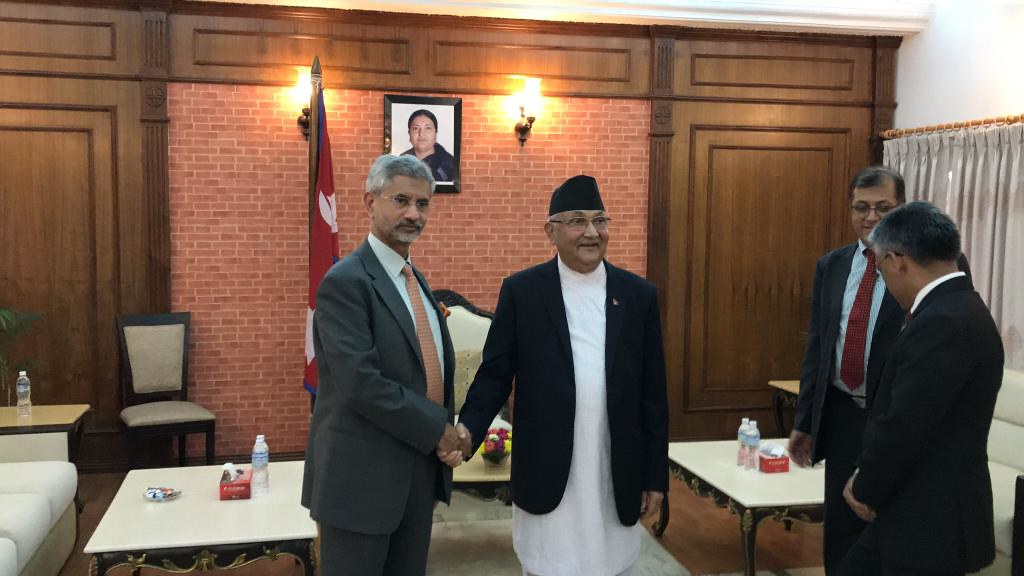
Bilateral Fault Lines – India and Nepal
Tue, 04 May 2021 | Reading Time: 7 minutes

Bilateral Fault Lines – India and Nepal
Renegotiating the Existing Peace and Friendship Treaty, 1950
On April 24, 2008, the incoming Prachanda led Maoists government announced plans to scrap the 58-year-old Indo-Nepal Peace and Friendship Treaty and to have a fresh pact reflecting new realities besides reviewing all other bilateral agreements.
“Our past policy towards the 1950 treaty remains unchanged, we want to scrap that treaty and replace it with a new one in the changed context,” Maoist chairman Prachanda told as the former rebels were poised to head a new government. “We also want to review all other treaties signed between Nepal and India,”
During the poll campaign, the Maoists had repeatedly said the treaty was ‘unequal’ which needed to be abrogated, a demand which has continuously been made in the Himalayan nation from 1956 onward. Unfortunately despite continuously articulating this view, this treaty was never re-negotiated.
Till 2006, Nepal was the only Hindu state in the world. It is a landlocked country, situated on the southern slopes of Himalayas. It has Tibet in the north and India in the south. It has common frontiers both with India and Tibet (China). Ever since China established its full sovereignty over Tibet, Nepal’s position has become all the more important for India. It may be regarded as a buffer state between India and China. Nepal shares an open border with India and is bound by three sides, east, south and west. Nepal has her unique position in the South Asian Region, either in geographical terms or in political aspects. Nonetheless, Nepal comes under the category of “least developing countries”.
Relations between India and Nepal have traditionally been close since ancient times as a result of her geographical location and common religious, linguistic and cultural identities that overlap the two countries. This also manifests in the existing state to state relations, which have grown stronger over the years, reinforced by regular exchange of visits at high levels, notwithstanding the political changes in both the countries in the past few years. Both the countries have periodically acknowledged each other’s value and importance and have also described their relationship as ‘special’ on various occasions. Post independence, India and Nepal cemented their special relationship by initiating a treaty called the “1950 Indo- Nepal Treaty of Peace and Friendship” and accompanying letters. This treaty defined both the security relations between the two countries, and an agreement governing both bilateral trade and international trade transiting through Indian soil.
The Treaty of Peace and Friendship was concluded between India and Nepal in July 1950. The treaty consists of 10 Articles. Article I acknowledge “complete sovereignty, territorial integrity and independence of both countries. Vide Article II, both governments “agreed to inform each other of any serious friction or misunderstanding with neighbouring states likely to cause breach of friendly relations between the two governments.” Articles II, V and Letters Exchanged, bind the security interests of both countries. Article V allowed Nepal “to import warlike stores from India and others but NOT through Indian territory without India’s permission. India did not anticipate arms supply by or through China.” The Letters exchanged explicitly “states that neither government shall tolerate any threat to the security of the other by a foreign aggressor”, to which they should consult each other. This aggressor, in case of Nepal, could only be China.
From the Letters Exchanged along with the Treaty of Peace and Friendship, 1950, it was clear that Nepal had joined India in a “unified system of defence” and had agreed to subject certain aspects of its external affairs and external trade to mutual discussion with India. This era of ‘special relations’ continued till 1955, when King Mahendra ascended to the throne, though, even during this period, many dissensions arose. It was felt that the Ranas (hereditary PMs) in power had sold out national integrity as also that the treaty allowed for too much Indian political interference.
Unfortunately post India’s loss in the 1962 border conflict with China, Nepal started developing cordial relations with China and Pakistan, it took membership of the UN and articulated her need to remain equidistant from India and China which in turn prompted greater demands for a review of the 1950 treaty. Pressure from China could also be responsible for this. In 1967, consequent to the Chinese cultural revolution, China demanded that facilities similar to those given to India be granted to China as well, i.e., recruitment of Gorkhas in the PLA, the right to post their personnel on the India-Nepal border, and free trade and transit facilities for the Chinese.
Articles VI and VII “provide for socio-economic cooperation. Article VI states that each other nationals be allowed similar treatment in economic development.” It also acknowledged “the need to provide protection to Nepalese in Nepal from unrestricted competition from Indian business for a few years, though no formal agreement has been concluded in this respect.” “Article VII provided reciprocally mutual privileges in matters of transit, residence, etc, in each other’s countries. Both these have benefited Nepal immensely. However, King Mahendra imposed restrictions on purchase of property in Nepal by Indians citing reason that “Nepal was not in a position to allow free immigration because of its size, population and economy.” In doing so, they claim that similar restrictions exist within India, as well, in case of Jammu & Kashmir and the North Eastern States.
Since this has been a consistent demand and a constant election time demand, it is recommended that this treaty be re-negotiated with Nepal. Certain salient points that need to be re-negotiated or need to make the following adjustments for the larger interests of both countries: –
(a) Article II which targets Sino-Nepalese relations needs to be reworded with a wider world view. It may be more appropriate to ‘consult each other on international perspectives and regional affairs from time to time’ other than restrict consultations to the neighbour (China) factor only.
(b) The Letters Exchanged which restrict Nepal’s import of war-like stores through India without agreement of the Government of India, needs reconsideration.
(c) Article VI and VII along with Para 1 of the Letters Exchanged along with the treaty enshrines the entire gamut of special relations between the two countries. One cannot exist without the other. Nepal needs to recognize this and it cannot expect all advantages without catering to basic Indian national security interests.
The Treaty, however, “has for various reasons become an emotional issue in Nepal and the demand for its abrogation has regularly featured in election manifestos of different political parties.” “The Rana regime fell within six months of signing it. Subsequent regimes in Nepal have continually expressed their reservations over the Treaty. However, the people of Terai who have strong links with people across the border in India want the continuation of this Treaty. One of the significant parts of this Treaty has been the granting of resident status to each other’s citizens. Although Nepal does not reciprocate on this clause, it has enabled many Nepalese citizens to take up government jobs in India. Over time Nepal has enacted much legislation to dilute the original spirit of this Treaty. The monarchy too believed this Treaty as an instrument of Indian influence.”
“The Treaty has been politicised over time to serve the political interest of the particular constituency that draws it support from the anti-India sentiments in Nepal. With the introduction of multi-party democracy in Nepal in 1990, other issues such as border encroachment and hydro projects, etc, were taken up by some political parties. In 1994, for example, the CPN-UML campaigned vigorously on these issues. The 40 demands of the CPN (Maoist) in 1995 also focused on the 1950 Treaty and aroused intense anti-India feelings especially with in the Kathmandu valley, during the People’s War. However, except for King Mahendra, no other monarch raised this issue with India.”
During the constitutional monarchy period, “the Nepalese Foreign Minister Kamal Thapa of the royalist Rashtriya Prajatantra Party (RPP), a coalition partner of the Nepali Congress which led the government visited India in August 1998 with a ‘non-paper’, which for the first time, made some suggestions for its revision. The CPN (Maoist), in its manifesto for the 2008 Constituent Assembly (CA) elections, promised to abrogate the Treaty and maintain equal distance between India and China. The CPN-UML also promised to review ‘all unequal Treaties’, while the NC manifesto remained silent on the matter. Yet, even after India expressed its willingness to revise the Treaty, there has been a lack of political consensus in Nepal over the issue and no alternative or specific proposal has been given by Nepal regarding the provisions they want to revise.”
The politicisation of this Treaty is also “evident from the fact that no political party wants to abrogate it. In September 2008 India and Nepal agreed to form a high-level committee headed by foreign secretaries to examine the Treaty and suggest possible revisions”. “There is a view in India, however, that this issue is being needlessly hyped. For instance, former Indian ambassador to Nepal, Deb Mukherjee in an interview to The Telegraph in May 2008 said”:
“This demand has been raised several times in the past and we [India] have said, fair enough, renegotiate or restructure. In fact, Clause 10 of the treaty clearly says it can be abrogated by either side on a year’s notice. And I remember that during the Foreign Secretary-level talks in 2001, we had reminded the Nepali delegation of the clause and said, why don’t you do it? We should be prepared to discuss all options”.
“India’s former Foreign Secretary Shyam Saran also dismissed the contention of Prachanda that the Treaty was an unequal pact, and pointed out that under the pact Nepali citizens enjoy special privileges in India. The issue figured prominently in the joint statement during the visit of Prachanda to New Delhi.”
The two countries agreed “to review, adjust and update the Treaty and other agreements, while duly considering the special features of the bilateral relationship”. From an Indian perspective, “the Treaty seems to have limited relevance in the changed global security environment. India’s former Indian Ambassador to Nepal, K.V. Rajan, observed”:
“Its relevance for India’s security in today’s context is limited and questionable. China is no longer the only security concern in the sub region. Pakistani activities in and through Nepal…environment and climate change, also have serious long-term implications for the security of both countries”.
Apart from addressing mutual security concerns, the Treaty also covers other social-economic issues. It has been observed that people have criticised more the ‘letter of exchange’ that followed the Treaty than the Treaty itself. Nevertheless, the two nations have occasionally recognized each other’s worth and significance and have likewise portrayed the relationship as ‘unique’ on different events.” For example, Maoist leader and former Prime Minister Baburam Bhattarai noted”: “Practically, we are more closely integrated with India, with an open border and closer economic ties. So we have more interaction with India and more problems also, which sometimes creates misunderstanding.”
Therefore, “in view of the changed geopolitical dynamics, the Treaty should be updated in accordance with contemporary reality.”
There appears to be a growing realisation in Nepal of the many advantages that accrue to them because of the special provisions that exist in the treaty. Recent events also give some indication that the Government of Nepal may itself not be inclined to scrap the treaty. India cannot afford deepening anti-India sentiments in Nepal as that would be very detrimental in the long run, nor can it allows itself into providing concessions without necessary responses. However as far as India is concerned, re- negotiation of this treaty should always be on the table and we must negotiate keeping the ground realities and the changed geo-political situation in mind.
Author
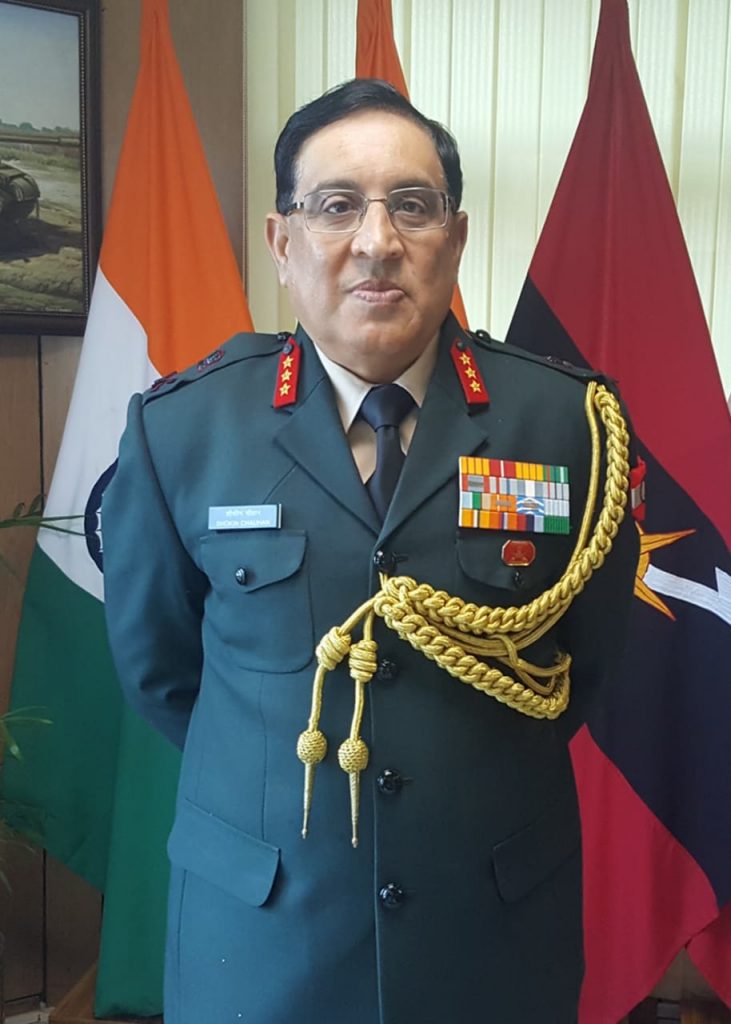
Lt Gen Shokin Chauhan, PVSM, AVSM, YSM, SM and VSM, was the Chairman of the Cease Fire Monitoring Group in August 2018. He was the Director General of Assam Rifles. He has been the Defence Attaché in the Indian Embassy in Nepal.
Disclaimer
The opinions expressed in this article are the author’s own and do not reflect the views of Chanakya Forum. All information provided in this article including timeliness, completeness, accuracy, suitability or validity of information referenced therein, is the sole responsibility of the author. www.chanakyaforum.com does not assume any responsibility for the same.
Chanakya Forum is now on . Click here to join our channel (@ChanakyaForum) and stay updated with the latest headlines and articles.
Important
We work round the clock to bring you the finest articles and updates from around the world. There is a team that works tirelessly to ensure that you have a seamless reading experience. But all this costs money. Please support us so that we keep doing what we do best. Happy Reading
Support Us




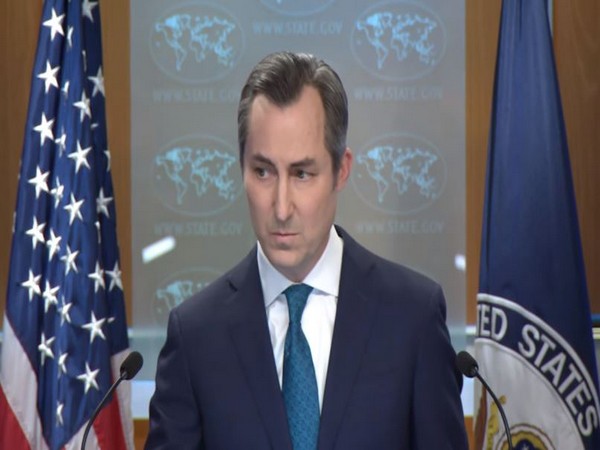
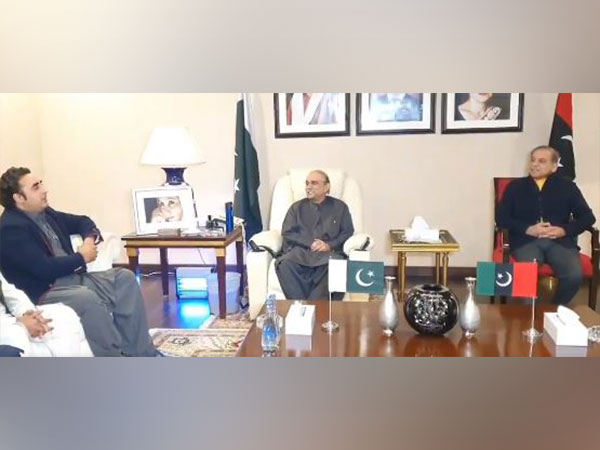
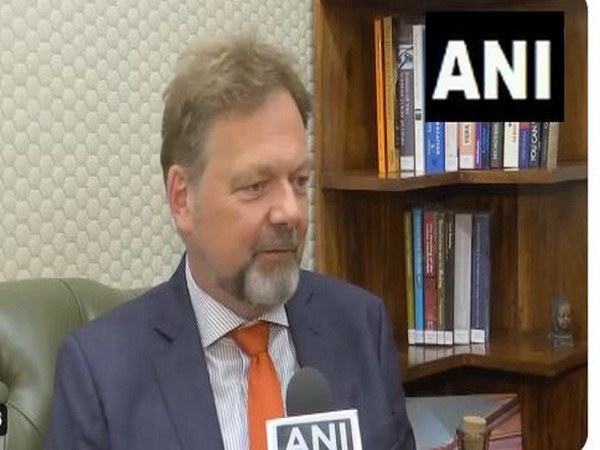
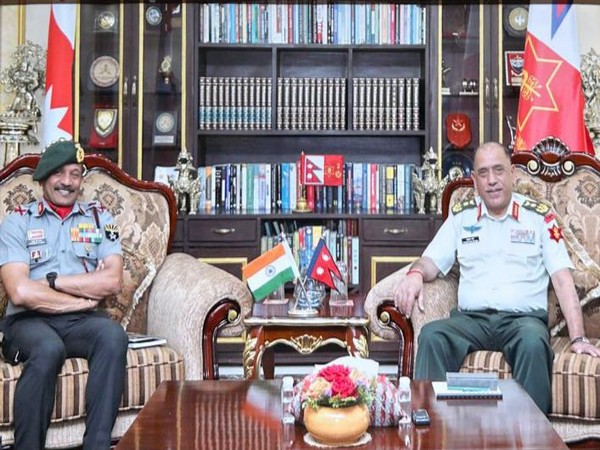
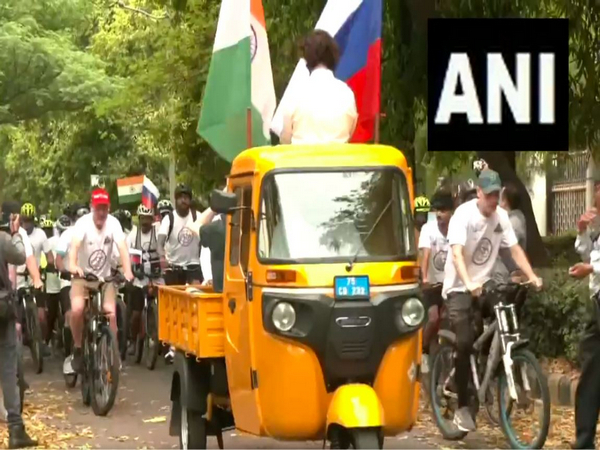
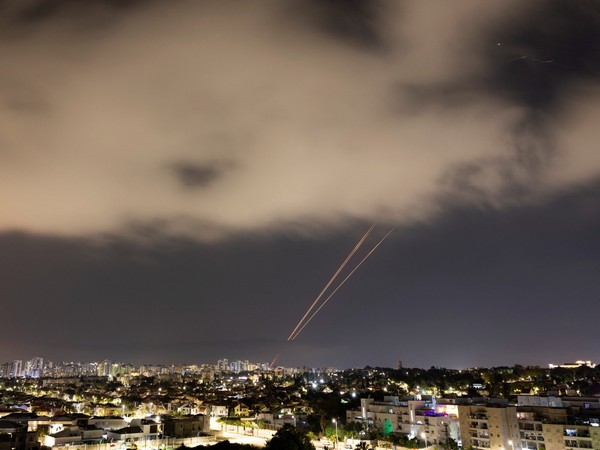
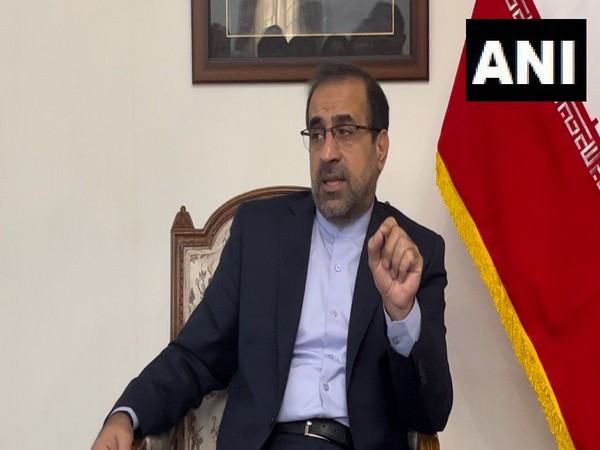
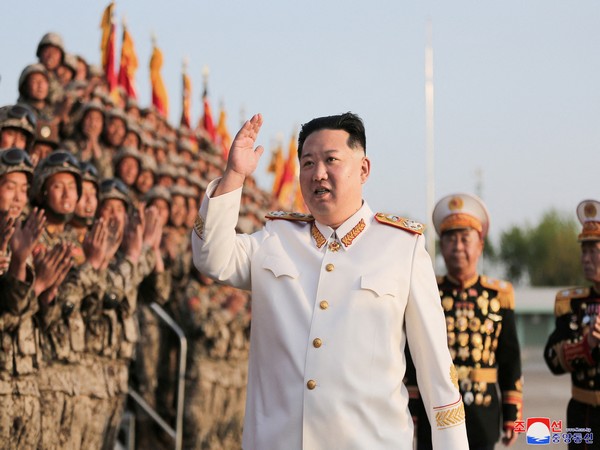
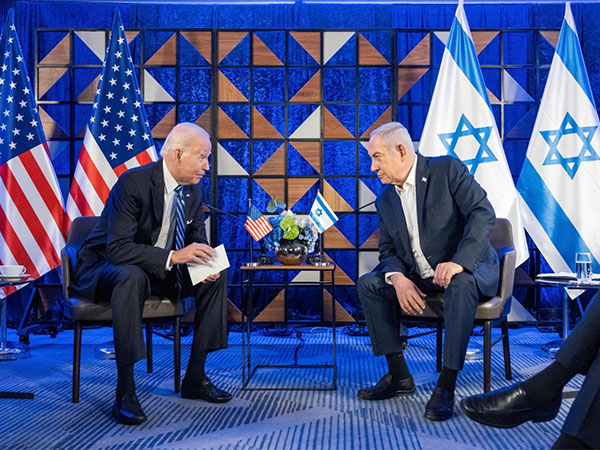






POST COMMENTS (2)
RC PATIAL
DIGP V K Sharma Rtd